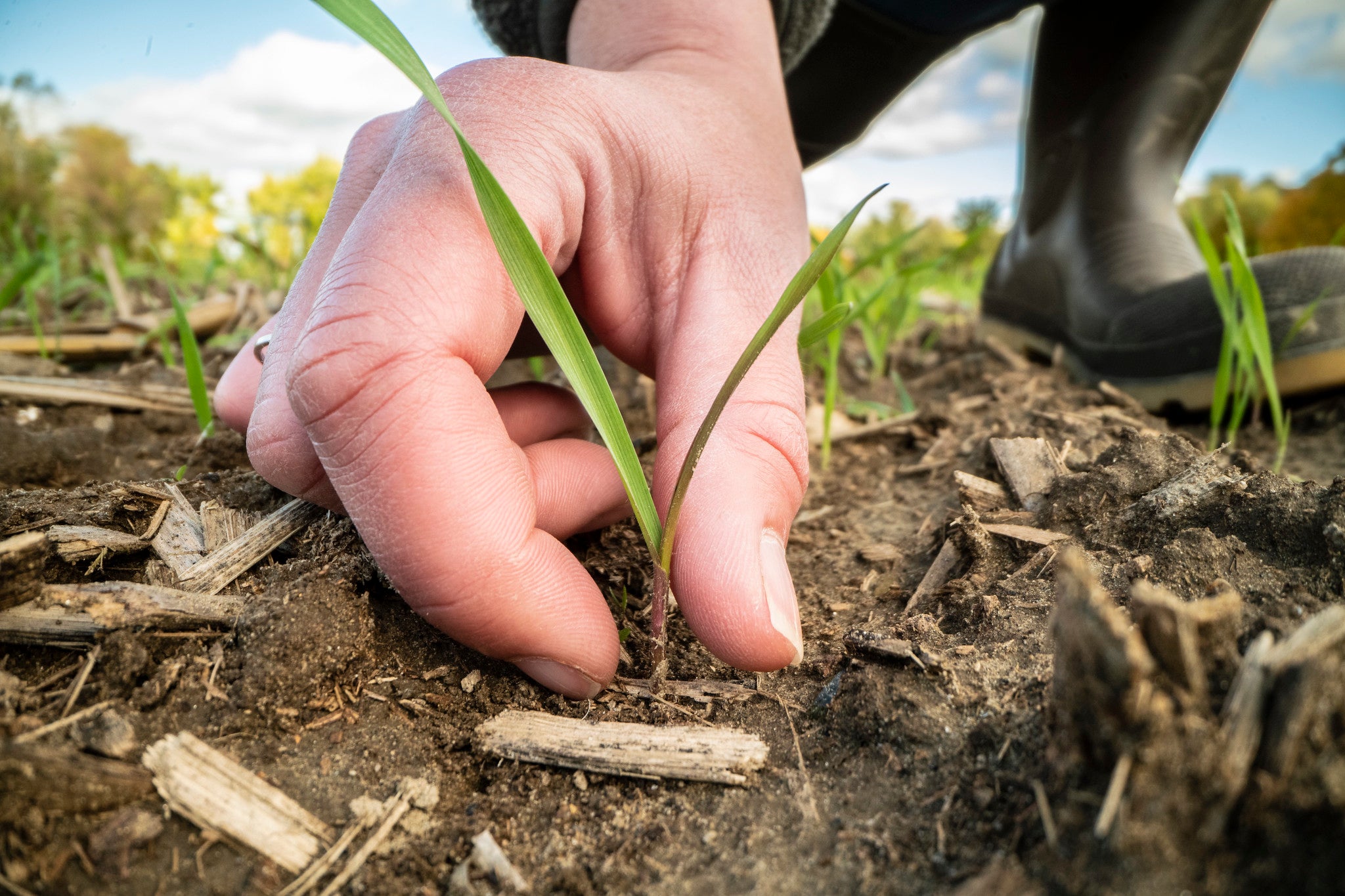In early December, the EDF climate-smart agriculture team will join hundreds of farmers, food and agriculture companies, university experts and other conservation organizations at the 2023 Sustainable Agriculture Summit, “Scaling Collective Impact: Collaborating to Accelerate Agricultural Sustainability.” This conference is one of the largest annual gatherings of people working to improve sustainability in U.S. agriculture, and the discussions held in the conference sessions and hallways reflect the major trends, opportunities and challenges facing those who share this goal.
Here are some expected “hot topic” discussions at the conference and throughout the agricultural sustainability movement as we approach 2024.

